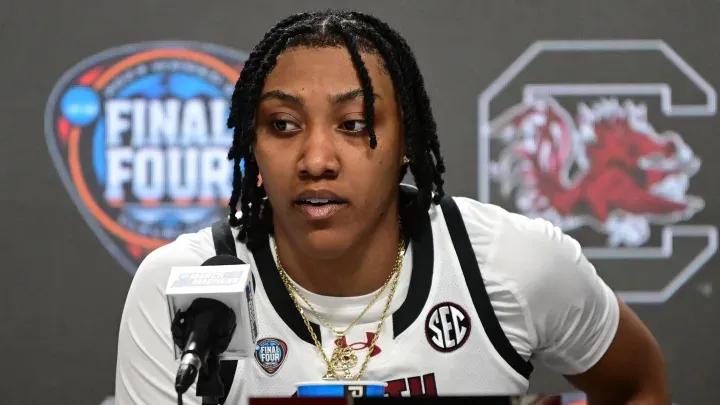Special Counsel Jack Smith Refines Charges in Superseding Indictment
Special Counsel Jack Smith files a superseding indictment that refines charges against Donald Trump, focusing on actions outside presidential duties.

In a significant development in the election interference case against former President Donald Trump, Special Counsel Jack Smith has filed a superseding indictment that narrows down the allegations in light of a recent Supreme Court decision on presidential immunity. The revised indictment, presented to a new grand jury, maintains the original four charges but modifies the descriptions and scope of Trump's alleged actions during the 2020 election aftermath.
Key Adjustments in the Superseding Indictment
The adjustments in the indictment are a direct response to the Supreme Court's ruling, which granted immunity for certain actions taken by Trump that were within his official presidential duties. The prosecution has clarified that Trump had no constitutionally assigned duties regarding the post-election transition of power, specifically during the Electoral College certification on January 6, 2021. This distinction aims to align the charges with the high court's directives, emphasizing that Trump's efforts to obstruct the certification were driven by personal, not presidential, interests.
Additionally, the indictment has been rephrased to specify that a lawsuit filed by Trump's campaign concerning the election results in Georgia was done in his capacity as a candidate, not as President. This rewording seeks to further delineate the actions taken for personal electoral benefits from those within the scope of official duties.
Implications of the Revised Legal Strategy
This strategic legal refinement by Special Counsel Jack Smith indicates a careful navigation of the complex legal landscape following the Supreme Court's immunity ruling. By focusing on actions clearly outside the gambit of presidential duties, the prosecution aims to fortify its case against potential dismissal arguments centered on executive privilege and immunity.
The decision to avoid a major pre-election hearing with potential blockbuster testimonies, such as from former Vice President Mike Pence, also suggests a tactical approach to manage the political and public discourse surrounding the case. This move likely aims to mitigate any perceptions of the trial being used as a political tool in the lead-up to the 2024 presidential elections, where Trump is a nominee.
Broader Impact and Future Trends
The ongoing legal proceedings against Trump are set to have profound implications for the understanding of presidential immunity and the accountability of office holders. This case could set significant legal precedents regarding the extent of immunity former presidents enjoy for actions taken while in office, especially those that blur the lines between official duties and personal political interests.
Moreover, the outcome of this case may influence future electoral and judicial processes, potentially leading to more defined boundaries for actions taken by a sitting president during election periods. It also raises questions about the balance of power and the accountability mechanisms in place for the highest office in the United States.
Summary
As the case progresses, it will be crucial to monitor how these legal arguments are received by the courts and their subsequent impact on both the judicial landscape and the political arena. The careful recalibration of charges by Special Counsel Jack Smith reflects a nuanced understanding of the legal challenges at play and underscores the ongoing tension between presidential authority and judicial oversight.





